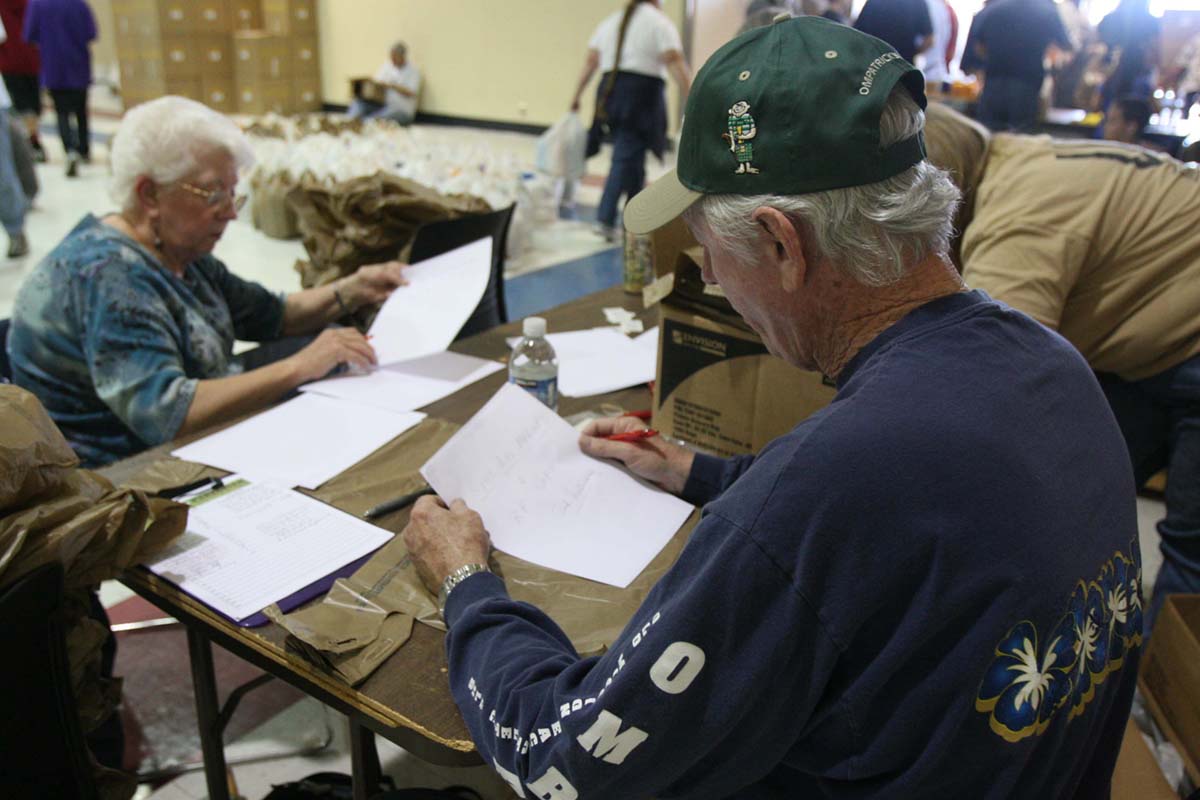
Dementia is a condition which can be quite hard on the person who suffers from it, as well as the family which has to take care of the affected individuals. Basically, the elderly suffering from irreversible dementia are permanently impaired, as far as their mental functions are concerned, being incapable of remembering things, communicating, making judgments or managing to take care of themselves independently.
Therefore, people who are caregivers for demented individuals have a very hard task ahead of them. Thus, these people need to be well prepared and well educated about dementia, knowing how this illness functions and how they can manage to get the most out of it, making it as little impairing as possible.
Dementia and Elder CaregiversResponsibilities
Being a caregiver to an elderly person is a great burden, especially if this person is your father or mother. Therefore, for starters, as a caregiver, you need to face the fact that the ill person you are in charge of will never get completely healthy again. Taking into consideration that you might get emotionally attached to the people you are being a caregiver to, this job may result in tears which cannot be concealed. The very helplessness which can overwhelm you during your regular processes of nourishing meals, supervising medication, arranging transportation to the doctor's or any other necessary action can make this obligation too hard to handle. Yet, as a good caregiver, you need to motivate yourself properly and stay strong.
Simply, a caregiver is in charge of all the hard work related to a demented old person. He/she may need to clean after vomiting, defecation, urination and all other such processes, taking out the urine bags and changing the clothes and the sheets more often than ever. Also, the caregivers need to monitor the symptoms the demented individual shows and take his/her body temperature on a regular basis.
Yet, the most difficult responsibility a caregiver can possibly have is the emotional sacrifice he/she has to make. Being a caregiver is one of the most stressful professions in the world and it can take away all of your energy on a daily basis, leading to depression, nervousness, helplessness and many other negative states of mind. Moreover, as the demented patient's state becomes worse, and it will, the whole set of demands expands and becomes far more complicated. Therefore, often, the caregiver may feel incapable of helping the elderly person and this might lead to strong negative emotions. Also, the very notion of being alert most of the time, knowing that the elderly person may die even if he/she chokes on the food he/she is eating can be incredibly straining, wearing the caregiver out more and more, with every day on this type of work.
Nevertheless, a good caregiver needs to learn how to be realistic and control his/her emotions adequately, being there for the elderly person, but living his/her personal life as well. Concentrating solely on the health of the patient, neglecting your own, can lead to serious health problems. Thus, be there for the demented person, but do not forget yourself and your own life. Also, do not allow the guilt to bother you, even after the patient dies. Death, in these cases, is an inevitable scenario, and, knowing you have done everything to prevent this, rest assured that it is not your fault.
Decisions and Good Caregivers
The first proper decision a caregiver needs to make, as soon as he/she becomes a caregiver, is accepting the task he/she has and accepting the illness the elderly patient suffers from. A caregiver is best to learn all about the disease his/her patient suffers from, knowing what to expect and coming to terms with the condition. Another thing you need to accept, while in this position, are the negative feelings. Namely, these are inevitable and normal. Your patient is suffering from an irreversible form of a highly debilitating disease and you have an incredibly difficult task ahead of you. Thus, it is better to let your feelings show for the sake of staying emotionally healthy, than to bury it all deep inside and suffer more than your patient does.
Other people may also need to understand everything about the illness their elderly family member is suffering from. As a caregiver, it might be a good choice to grant them the necessary information since, this way, they will understand your actions more and will accommodate to the needs of their sick family member better, assisting you adequately.
Additionally, you need to understand your own feelings and control them. As it was mentioned above, grief, anger, helplessness and many other emotions may reach the surface. Deal with these properly without jeopardizing the health and the well-being of your patient. Also, if you feel that you are being criticized by the family members or think that you are incapable of being responsible for 100% of the patient's needs, react. You cannot be totally in charge of every breath your patient takes. Rather, the rest of the family needs to fulfill their own share of responsibilities, helping you out. Keep this in mind and protectyourself.
All in all, countless decisions need to be made in the lives of caregivers, helping them cope better with the incredibly demanding job of being responsible for all the requirements an elderly person suffering from dementia might have. Do your best to take good care of the patient, but never neglect your own health and your own needs.

















Your thoughts on this
Loading...